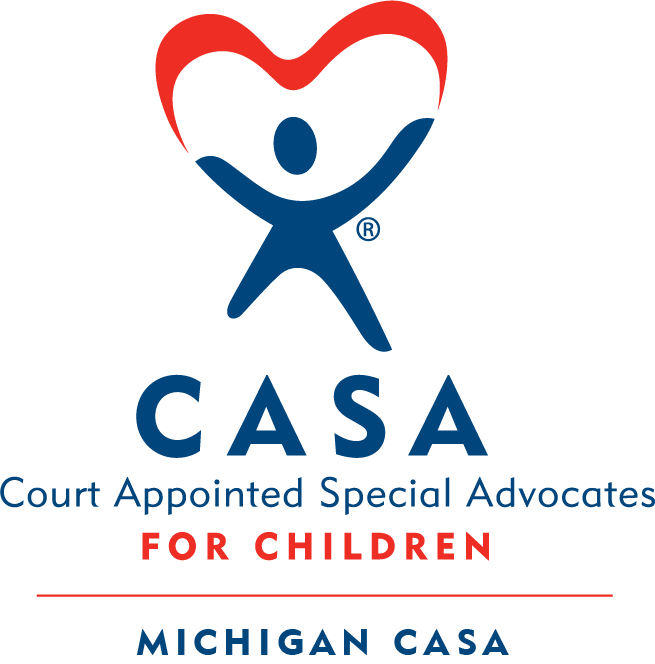Year End 2022
Jenny entered foster care at three years old. She just turned 18. Her life has been filled with pain. Pain from abuse and neglect, pain from constant moving from home to home, pain from friends she hoped to have and lost, pain from failed adoptions, and pain from fear. Now, as a teen, she is angry; she is alone. She acts out, contemplates suicide, and self-harms.
Despite these challenges, Jenny is very smart. She reads everything; she is curious about the world; she’s a bookworm. In August 2022, she started college. She wants to be a therapist so she can help other kids who feel the pain that she has.
Jenny is, in a word, remarkable. Many people don’t realize that children in foster care have some of the worst educational outcomes of any statistical subset of children, including non-English speakers and those with developmental or cognitive delays. Kids in foster care graduate at a much lower rate than their peers. They drop out at a much higher rate. They have a 2% chance of entering higher education and even less a chance of graduating college. Jenny knows the stats. But we know Jenny, and we know she won’t give up.
Jenny didn’t even have a CASA until she was 15, so no one but she can take credit for her accomplishments. A CASA did, however, make sure that Jenny was always enrolled in classes, that her credits transferred from the six high schools she attended, that she didn’t have to repeat classes, that her emotional needs were met in the classroom, and that she had the books and supplies she needed to learn, grow and achieve.
For three years of her painful life, Jenny had one consistent and caring adult to advocate for her needs in court, in school, and in life. And, now that we know her story, she’ll have dozens of silent cheerleaders watching her progress through college and into her career.
We can’t say that “there are hundreds of children like Jenny waiting for a CASA, so won’t you help?” Jenny is one of a kind. Just as the 10,663 children in foster care right now in Michigan are each unique. Each has his or her own story; their own pain, their own individual need, their own personal dream. In fact, that’s the heart of the CASA program: one volunteer working with one child or family of children. One person who really learns about a child, who supports, who cares, who focuses on the individual needs of the individual child.
Because Michigan CASA sought and last year received state funding, we have been able to grow the local CASA programs in all 29 Michigan counties currently being served. With our support, those programs have recruited and trained 24% more volunteers than they had in 2020. The volunteers, in turn, have advocated for 12% more children than in 2020.
Now that operational funding is secure and stable, it is time to focus on the development of new CASA programs in the many counties in Michigan that have no program; that have nothing but unserved children. Michigan CASA’s goal for 2023 is to open three new programs in the counties with the greatest need. Michigan CASA will work with each individual county’s stakeholders and courts; identify leaders, funding opportunities, and locations and, finally, launch a new CASA program specific to that county. Each program will be, like the children it will serve, unique. Each will cost about $50,000 to start helping the current estimated 500 children in those county’s foster care programs who need a CASA’s support. In the coming years with your help we will continue to expand the county programs until there is a CASA for each child who needs one. Please give generously so that we can reach more children, reach them earlier, and give them the individual attention and support they deserve.
You may give securely here on-line or text MICHIGANCASA to 44321.
Thank you and happy holidays!

